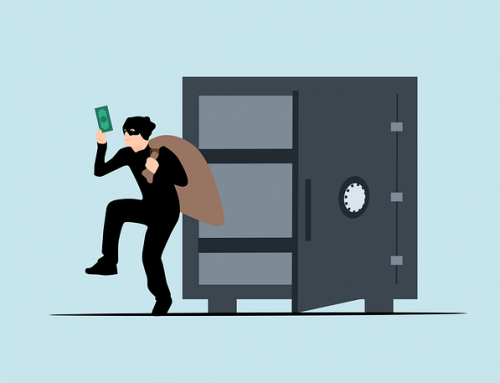Being in jail can be an incredibly stressful experience. A bail bond allows you to be out of custody, in the comfort of your own home, while you await your court date. It’s important to understand that being released on bail usually has some conditions that go along with it. Read on to find out a few things you can and cannot do while out on bail.
You May be Able to Travel Within the State
Often, while out on bail, it’s possible to travel within the state in which you live, though you may need to obtain written consent from the court and from your bail agent before doing so. If you need to travel outside the state for some reason, it’s imperative that you obtain written consent from the courts and your bail agent. Generally, people who leave the state do so in order to skip bail, leaving courts and bail agents apprehensive of out-of-state travel.
Traveling out of the country is more or less prohibited no matter what. In rare cases, you may be able to obtain permission to leave the country, but you should never count on it.
You Can Find Work
If you already have a job when you are bailed out of jail, you’ll be able to continue working while you await your day in court (provided your job doesn’t require you to travel out of the state or the country). If you do not have a job, you can find work (and keep it), showing the court that you plan to be a productive member of the community.
You Cannot Ignore Your Bail Conditions
If the judge sets any conditions on your bail, such as avoiding alcohol, certain people or places, or wearing a monitoring device, you need to comply. Never, ever ignore the conditions of your bail as it is one of the fastest ways to have your bail revoked and wind up back in jail.
You Cannot Miss Your Court Dates
Being bailed out of jail doesn’t mean you’re free to do whatever you want. You still have to attend all of your court dates and any other appointments related to your case. If you miss your court date by accident or due to extenuating circumstances, make sure to contact your bail bondsman immediately, because these situations can often be ameliorated through proper communication.






